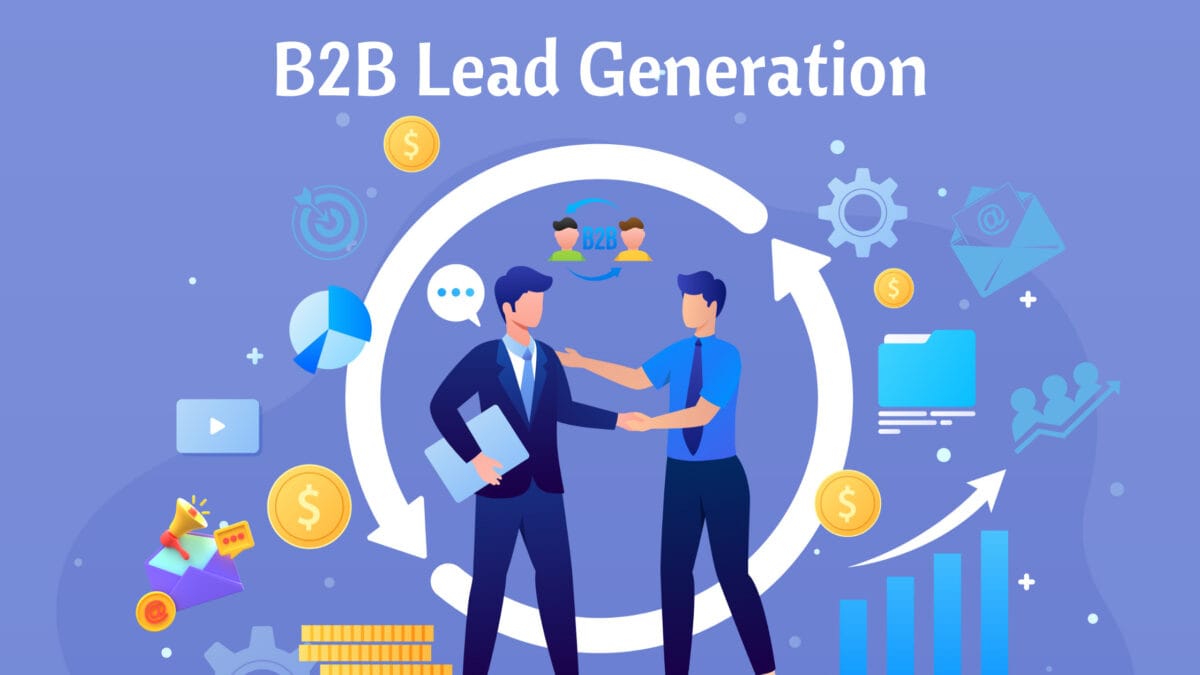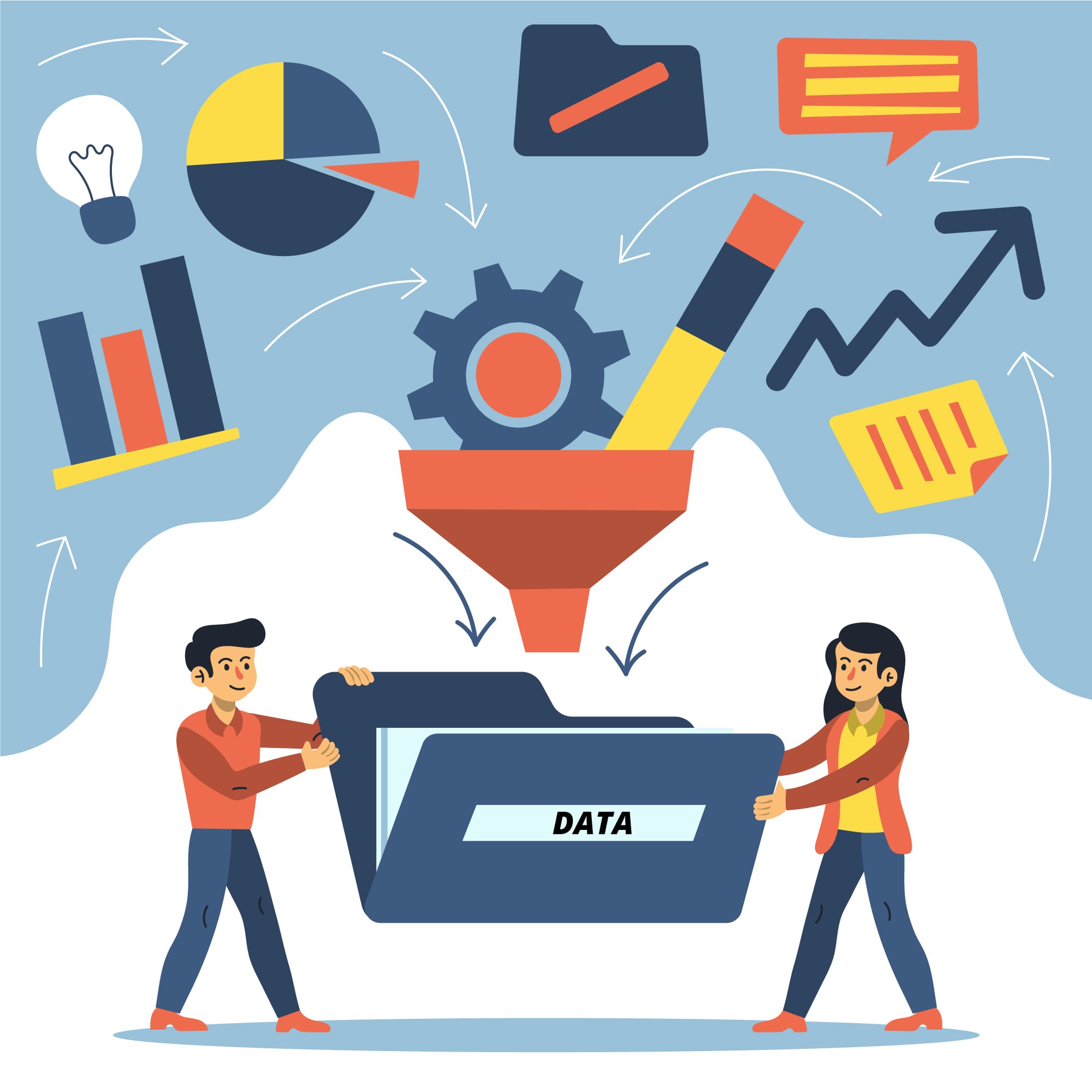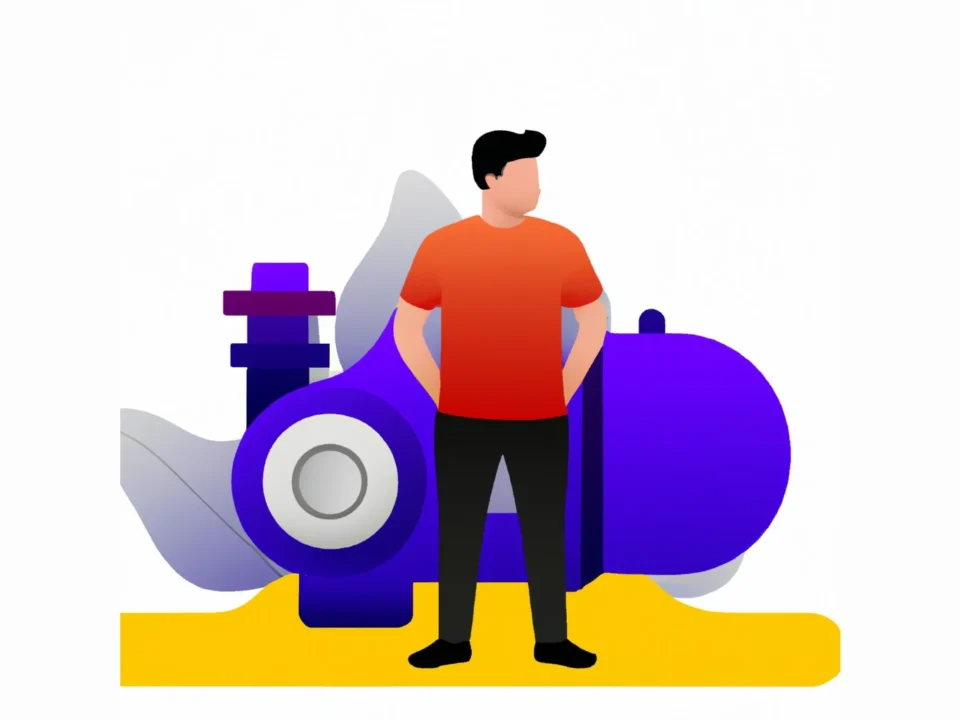- Have any question ?
- +91 63787 25181
- info@datumdecipher.com
B2B Lead Generation Trends in 2025: What Businesses Need to Know


In an era where digital transformation is reshaping industries at an unprecedented pace, B2B lead generation has evolved significantly. As we step into 2025, businesses must stay ahead of emerging trends to remain competitive and ensure a steady flow of high-quality leads. Here’s what you need to know about the latest B2B lead generation trends that will shape the business landscape in 2025.
1. AI-Powered Personalization
Artificial Intelligence (AI) continues to revolutionize B2B marketing, enabling hyper-personalized outreach at scale. AI-driven tools analyze customer behavior, predict preferences, and craft personalized messaging that resonates with prospects. From AI chatbots engaging leads in real-time to predictive analytics refining targeting strategies, businesses that leverage AI will gain a competitive edge.
2. Account-Based Marketing (ABM) Evolution
Account-Based Marketing (ABM) is no longer a niche strategy—it is a mainstream approach to lead generation. In 2025, ABM will be more data-driven than ever, integrating AI and automation to enhance personalization. Businesses will focus on micro-segmentation, crafting highly tailored campaigns that address the specific pain points of key decision-makers within target accounts.
3. First-Party Data Takes Center Stage
With increasing privacy regulations and the decline of third-party cookies, businesses will prioritize first-party data collection. Companies will invest in customer relationship management (CRM) tools, gated content, and interactive experiences to gather high-quality, consent-based data. This shift will lead to more accurate audience targeting and improved conversion rates.
4. LinkedIn as the Ultimate B2B Lead Magnet
LinkedIn remains the dominant platform for B2B lead generation, but in 2025, businesses will need to refine their LinkedIn strategies. Advanced LinkedIn automation tools, AI-powered outreach, and thought leadership content will be pivotal in engaging potential clients. Leveraging LinkedIn Ads with improved targeting capabilities will also drive better ROI for B2B marketers.
5. Video and Interactive Content Domination
Static content is no longer sufficient to captivate B2B audiences. Video marketing, webinars, interactive case studies, and immersive experiences will be crucial for lead nurturing. Businesses that produce high-quality, informative, and engaging video content will build stronger relationships and convert leads more effectively.
6. Chatbots and Conversational Marketing
The demand for instant communication has propelled the rise of chatbots and conversational marketing. AI-powered chatbots provide real-time assistance, answer queries, and qualify leads efficiently. By integrating chatbots with CRM systems, businesses can seamlessly transition prospects into the sales funnel.
7. Voice Search and AI Assistants
With the growing adoption of AI-powered voice assistants like Siri, Alexa, and Google Assistant, voice search optimization is becoming essential. B2B companies must adapt their content strategies to include natural language queries, ensuring they remain discoverable in voice search results.
8. Ethical and Sustainable Branding Matters
B2B buyers are increasingly prioritizing businesses that align with ethical and sustainable values. Companies that emphasize corporate social responsibility (CSR), sustainability initiatives, and transparent business practices will gain credibility and attract high-value leads.
9. Automation-Driven Lead Nurturing
Marketing automation tools will play a pivotal role in nurturing leads effectively. Automated email sequences, AI-driven lead scoring, and behavioral tracking will help businesses identify and engage prospects at the right time, increasing conversion rates and shortening sales cycles.
10. Influencer Marketing in B2B
While traditionally associated with B2C, influencer marketing is making waves in B2B. Industry experts, thought leaders, and niche influencers will help brands establish authority and credibility. Collaborating with influential voices will enhance trust and facilitate lead generation in an organic manner.
Conclusion
The B2B lead generation landscape in 2025 is being shaped by AI, automation, and the increasing demand for personalized, interactive, and ethical marketing strategies. Businesses that embrace these trends and leverage cutting-edge tools will position themselves as industry leaders, driving sustained growth and high-quality leads. Staying ahead in the ever-evolving digital landscape requires continuous adaptation, and those who innovate will thrive in the competitive B2B ecosystem.



